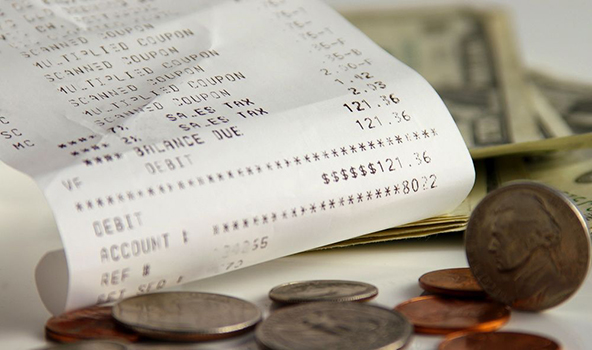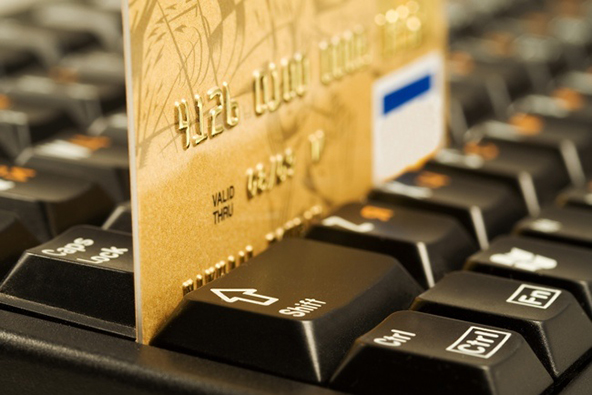Chargeback Supporting Documentation

Typically, when a consumer contacts his or her credit card issuer to dispute a transaction, the bank first asks its cardholder to try and resolve the issue with the merchant. Some issuers, especially the larger ones, may assist you with your communications with the merchant. Often, bank representatives keep the customer service numbers of larger merchants readily available, so they can conference them in, when a cardholder calls with a dispute. When a dispute cannot be resolved, however, and if the issuer verifies that the complaint is not frivolous, a chargeback may be inevitable.
In order to initiate the chargeback process, the issuer will request that its cardholder provides the following types of documentation in support of his or her claim:
- Sales receipt. The card issuing bank is required by Visa and MasterCard rules to send to the processor the original or a legible photocopy of the actual sales receipt that was generated at the completion of the transaction. There are exceptions to this rule, however. For example, when the type of transaction allows the issuer to provide an electronic proof of the transaction or when the cardholder uses a personal identification number (PIN) to complete the transaction, instead of a signature.
- A written cardholder complaint (letter or form). Typically, the cardholder must produce a letter that provides specific information about his or her dispute of the transaction. Alternatively, the card issuer may provide an email message sent by the cardholder, instead of a written complaint generated by the cardholder. The written cardholder complaint certifies that the issuer has a relationship with the cardholder and that the message is a true, accurate, and complete message that the issuer received from the cardholder.
- A written complaint (letter, form, or email message) from a company or government agency representative on behalf of a corporate card cardholder for (1) non-fraudulent type of disputes and (2) no-cardholder-authorization types of chargebacks when the authorized cardholder no longer is employed by the company or government agency and the issuer has closed the account. This document provides specific information about the dispute of the transaction, including the cardholder’s name, account number, transaction date, transaction amount, disputed amount, and a statement that the complaint was written by a company or government agency representative on behalf of a corporate card cardholder.
- An Expedited Billing Dispute Resolution Process Form for non-fraudulent type disputes. This form is completed by the issuer’s customer service representative while on the telephone with the cardholder or a company or government agency representative on behalf of a corporate card cardholder. The Expedited Billing Dispute Resolution Process Form may be provided in place of a written complaint generated by or on behalf of the cardholder and may be used only for non-fraud-related chargebacks. The customer service representative signs the form or electronically prints his or her name on the form. A cardholder signature in documentation supporting these chargebacks is not required.
- Progressive cardholder documentation. This is a cardholder complaint (letter or form), created as described in the three preceding bullets of this section, that is sent as supporting documentation with an arbitration chargeback. The progressive cardholder documentation must specifically address new information or a merchant’s rebuttal that was provided with a second presentment. The progressive cardholder documentation must be dated after the issuer received the second presentment documentation.
- For chip-read transactions, the transaction certificate and related data.
- Any other documentation that may be appropriate to support a particular chargeback, second presentment, or arbitration chargeback, such as Electronic Data Capture (EDC) log, magnetic stripe-reading (MSR) terminal or hybrid terminal printer certification, merchant rebuttal, or the authorization log.
Image credit: Nieuwedemocraten.com.


